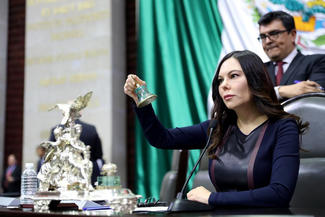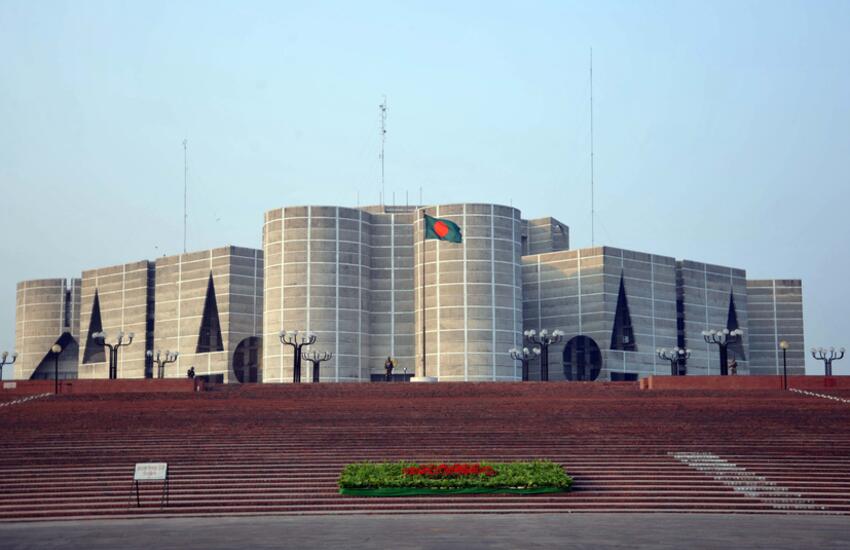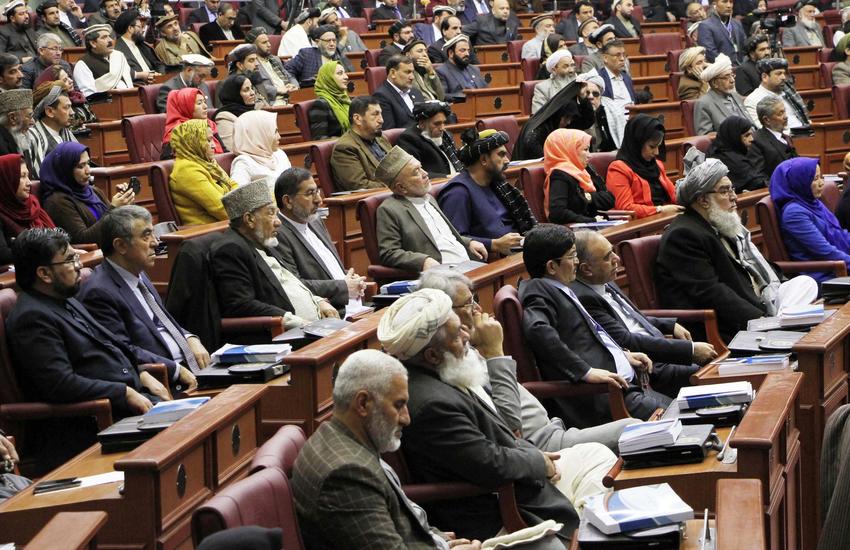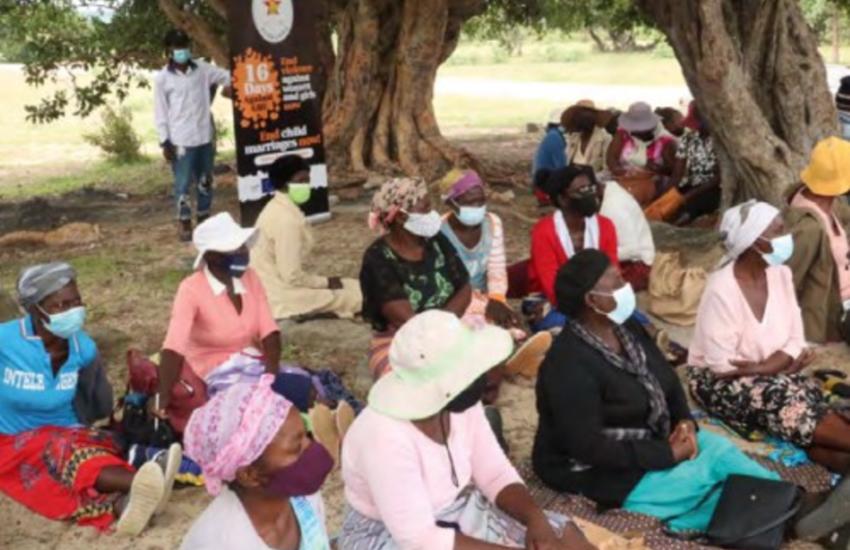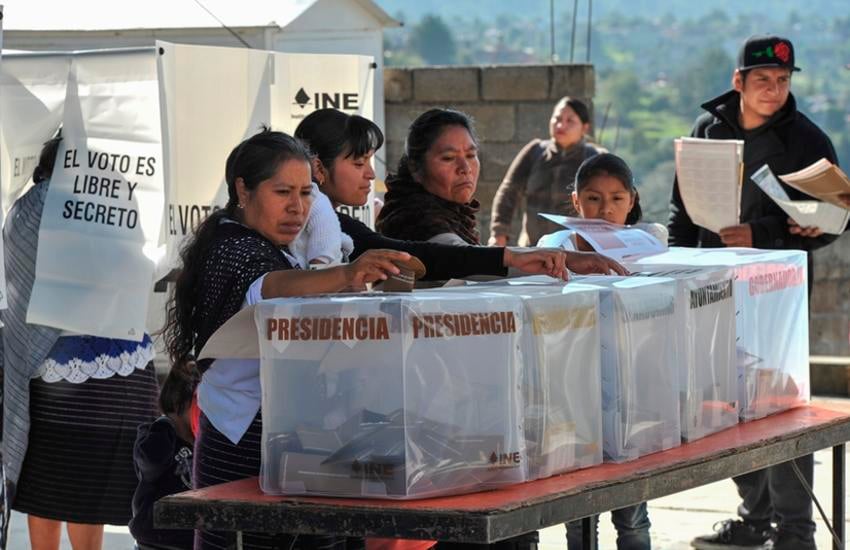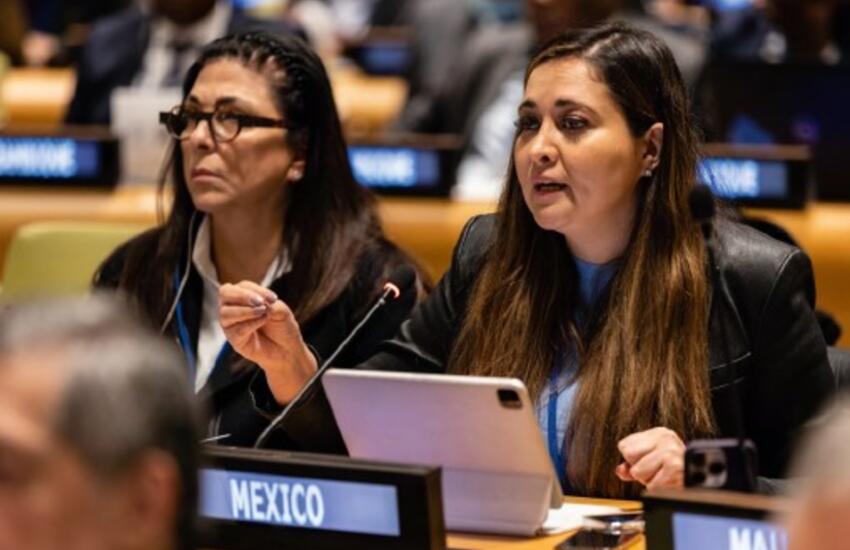 Voices is part of an IPU web series in which we give space to parliamentarians from around the world. The views and opinions they express are their own and do not necessarily reflect the IPU’s position.
Voices is part of an IPU web series in which we give space to parliamentarians from around the world. The views and opinions they express are their own and do not necessarily reflect the IPU’s position.
This piece is by Laura Rojas, Speaker of the Mexican Chamber of Deputies.
The appearance of COVID-19 has marked a global watershed, not only in health and economic terms, but also for the unprecedented challenges posed to the functioning of democratic institutions.
During the pandemic months, questions about how to balance the extraordinary powers that governments require to tackle the health emergency and economic crisis, on the one hand, with adequate controls, on the other, have followed shortly behind the coronavirus.
In normal times, the other two branches of government – the legislative and the judicial branches – are responsible for guaranteeing the division of powers and the exercise of rights, as well as effective accountability by the executive branch. However, in COVID-19 times, these institutions are subject to the same social distancing measures as other public and private organizations. In the particular case of Mexico’s Parliament – the Congress of the Union – this has limited its operations, precisely at a time when its activity is needed most, to pass laws, discuss emergency economic actions, and hold the government to account.
One of the greatest lessons learnt from the emergence of COVID-19 is that we must adapt our rules to ensure that institutions can function in any situation, however critical. During this legislative year, the Mexican Chamber of Deputies was subject to two blockades by protesters that prevented us from holding sittings for days, to the extent that we had to approve the expenditure budget six days after the legal deadline. And now, the coronavirus has made us miss six weeks of regular sittings of Congress.
Why? Because neither our current operating rules, nor the technological tools that we could have hastily installed, would guarantee the legal certainty and cyber security needed to avoid jeopardizing legislative decisions. Mexico is not alone in this; not for nothing has the IPU launched a campaign called Parliaments in times of pandemic that reports on the efforts of parliaments around the world, most of them very similar to those of the Chamber of Deputies, to fulfil the basic responsibilities of parliament, such as representing citizens and supervising the executive branch.
During this time, the two governing bodies of the Chamber of Deputies, the Executive Committee and the Whip’s Board, have continued to work. We approved an agreement so that the deputies could present initiatives and non-legislative proposals, and the committees were authorized to meet virtually to advance deliberations.
In the field of representation, we are listening to representatives of the country's productive sectors to take action that will boost economic recovery. And in the area of government oversight, we are scheduling regular meetings with the Secretaries of the Treasury, Education, Economy and Labour, among others.
Last Friday, a standing commission was established to normalize the work of the Mexican Congress. That will be the most important space for public deliberation in the coming months, and it must be focused on providing solutions to the millions of families who are losing their incomes. When parliament meets again on a regular basis, the first reform that should be approved is one that allows the legislative branch to act and legislate without restrictions in times of pandemic, or in any other emergency.





